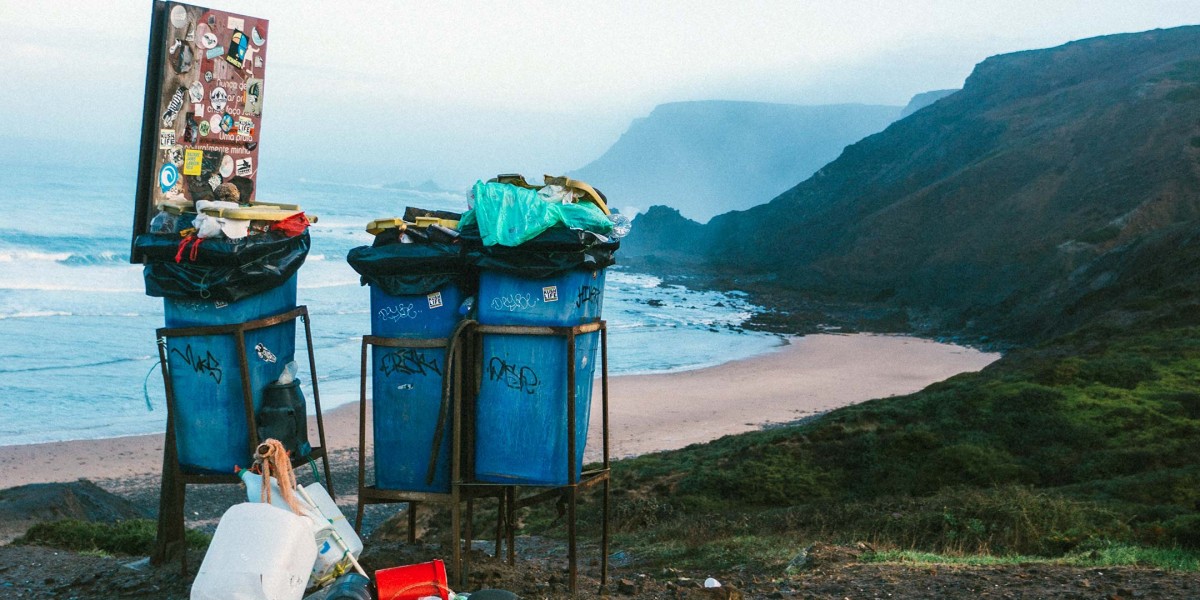With China no longer wanting to be the dumping ground for Australia’s waste, the spotlight is shone on our waste crisis. Councils are sending thousands of tonnes of recyclables into landfill while figures reveal that our total global waste is expected to double by 2050.
Much is being done on grassroots level, with Sunday 1 March marking the 30th anniversary of Clean Up Australia Day. It is now the nation’s largest community-based environment event with an expected 700,000 volunteers expected to join. Click here to find your nearest event.
Industry and government are also having meaningful conversations about the need to adopt a circular economy. A new recycling plant will be built in Albury to manufacture plastic for the food and drinks industry and divert material from overseas landfill. In June, Western Australia will be the sixth state to roll-out a container deposit scheme. Tasmania and Victoria are on the card to have a scheme in place by 2023.
The Internet of Things is also touted as a solution to help us get on top of the waste crisis. This article, first published on The Conversation, looks at some of the smart ways we could manage our waste.
On an individual level, we are collectively making a change too. The 2019 Rubbish Report reveals that, while still number one, plastic rubbish has decreased by eight per cent from 2018. Plastic straws dropped from number four to number six in the top 10, indicating that Australians are taking steps to address single use plastics. To find out how you can make more everyday changes, have a look at this selection of fact sheets.

